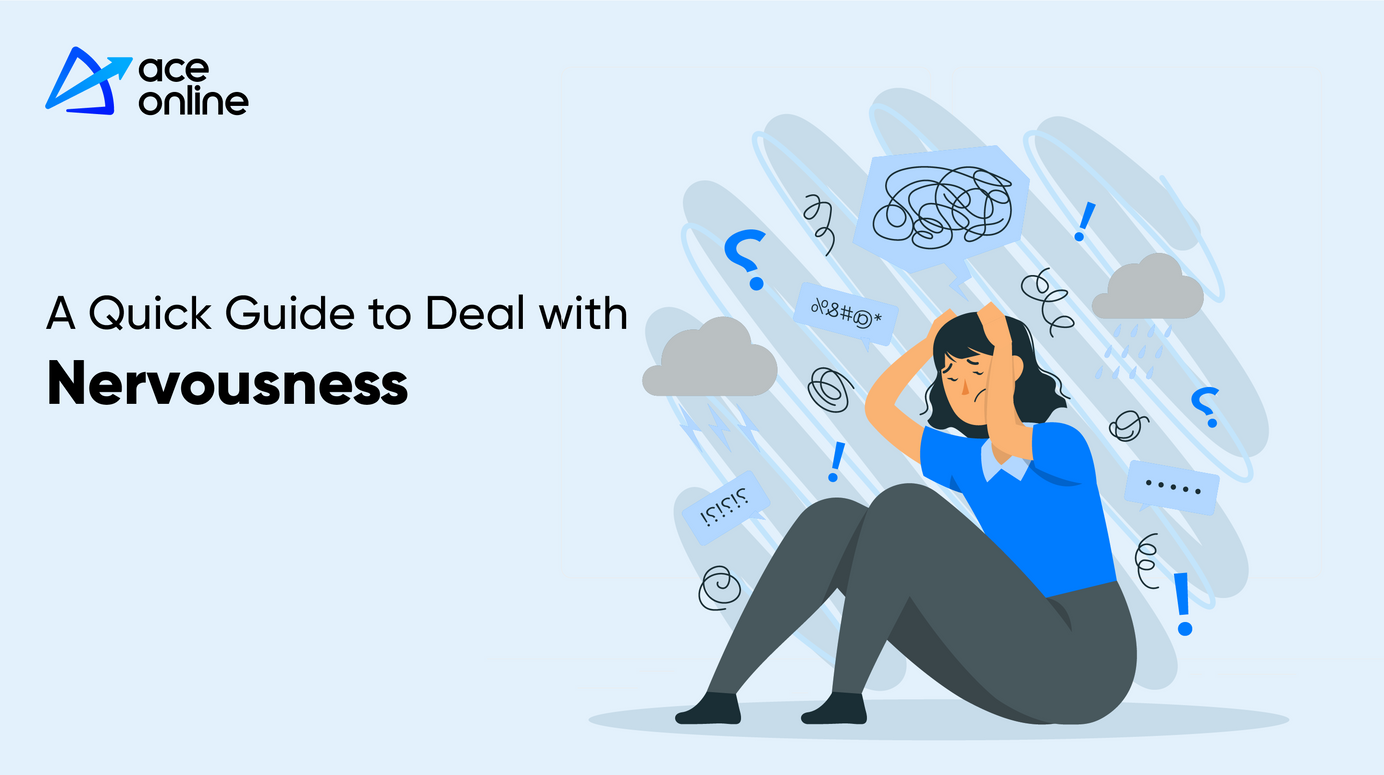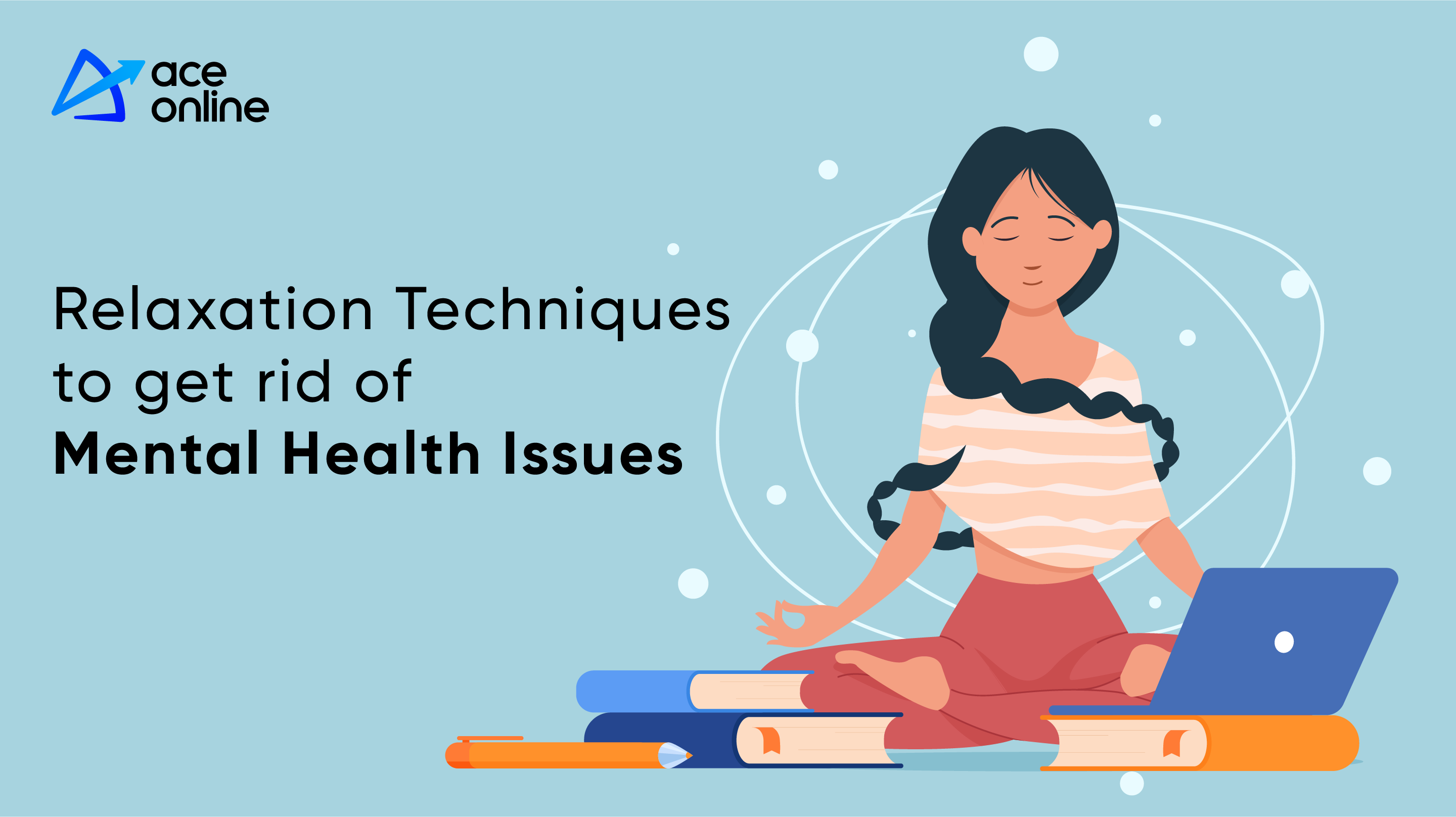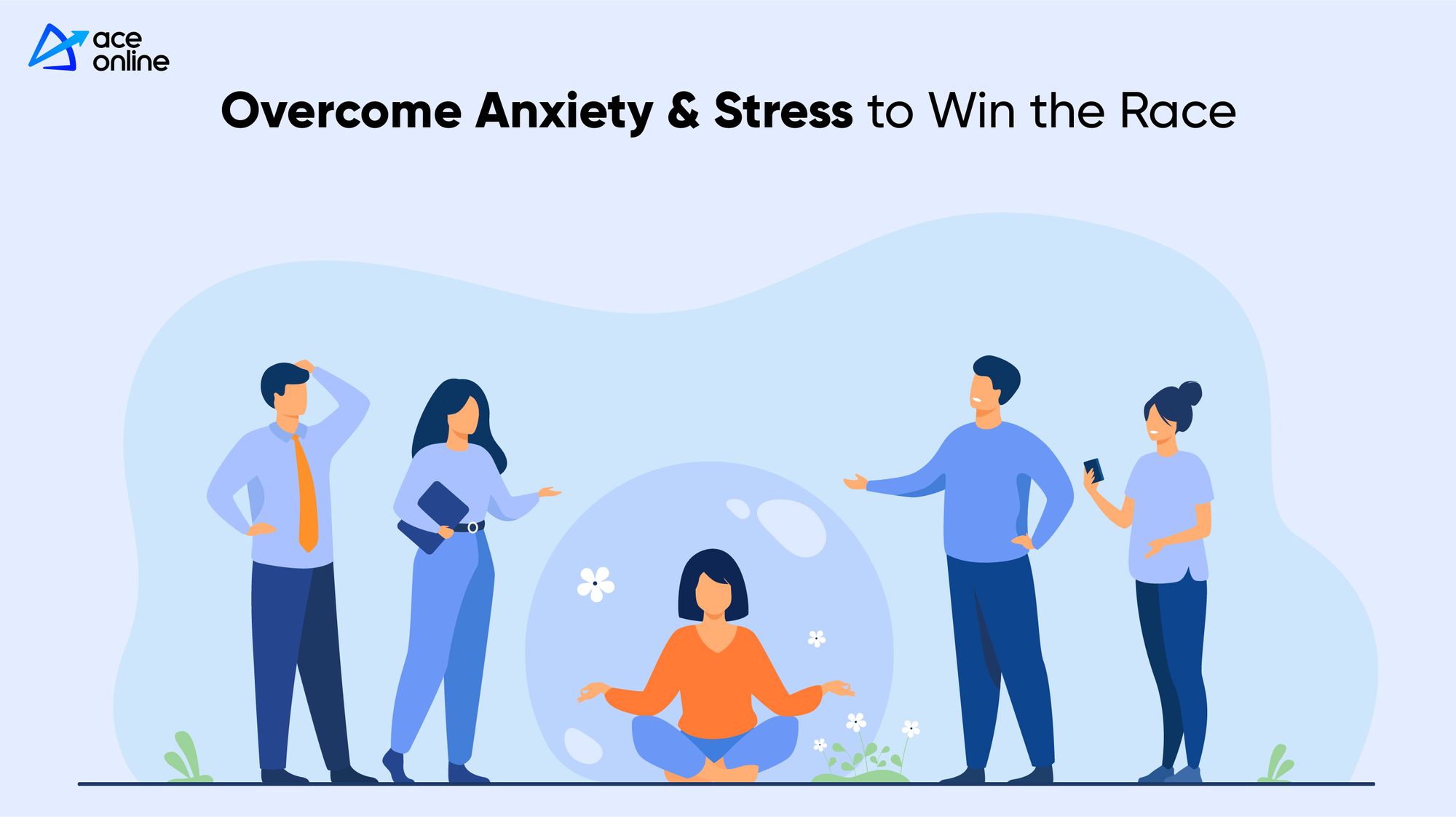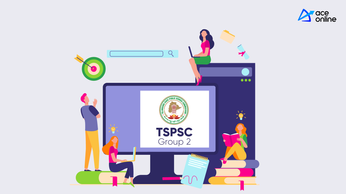
A Quick Guide to Deal with Nervousness
The stress level becomes so high that it interrupts your daily life. For example, if you are anxious about your work at the office, avoid going to the office altogether.
It's normal to feel anxious about something. This is a normal human reaction to stress or fear. Anxiety is when one worries about something, for example, an exam, one's health, work-related problems, personal relationships, and many other things. But anxiety turns into a mental disorder when you are constantly under fear or stress. The stress level becomes so high that it interrupts your daily life. For example, if you are anxious about your work at the office, avoid going to the office altogether.
Especially in these difficult times, when the whole world is fighting against recession, anxiety has become a very common phenomenon. But don't worry! Every problem has a solution. Anxiety can also be addressed with guidance and support. You just need to recognize the symptoms and help is available. Corporate wellness programs, online psychological help, and online therapy for anxiety are available to you. But before discussing how to deal with anxiety, we need to know about the symptoms.
Symptoms of Anxiety
The most common symptoms of anxiety are:
- Having constant feelings of impending danger or doom.
- Fast breathing, doesn't go away easily.
- Sweating
- Shaking
- A constant feeling of nervousness or restlessness.
- Feeling tired or weak.
- Inability to sleep properly.
- It is difficult to focus on anything other than the current matter of concern.
- A tendency to avoid things that cause anxiety.
- There are gastrointestinal (GI) problems.
- Not being able to control the causes of anxiety.

Reasons for Anxiety
The causes of anxiety cannot be explained. Symptoms can be triggered by anything and everything. Life experiences and trauma can, at some point, lead to a sort of anxiety disorder. Anxiety disorders can also cause some underlying health problems. Anxiety can result from medical problems such as heart disease, diabetes, thyroid, respiratory problems, alcohol withdrawal, chronic pain, and some rare tumors.
Types of Anxiety Disorders
There are different types of anxiety disorders. Before deciding how to treat anxiety, your doctor will assess what type of anxiety disorder you have. Here are the types of anxiety disorders:
1. Agoraphobia
In this type of anxiety disorder, you try to avoid places or situations that cause anxiety or stress.
2. Panic Disorder
In this type of anxiety disorder, fear and anxiety can reach such extreme levels that you experience panic attacks. You may have chest pain, vibrations, and an intense feeling that something bad is about to happen. Panic attacks cause fear of recurrence. As a result, you start avoiding such situations and places.
3. Generalized Anxiety Disorder
In this type of anxiety disorder, you start worrying about even a simple daily task. Anxiety makes you exaggerate the actual situation and affects you mentally and physically. Generalized anxiety disorder is a result of depression.
4. Social Phobia
In this type of anxiety disorder, there is a high level of worry about being negatively evaluated by others.
5. Substance-Induced Anxiety Disorder
In this type of anxiety disorder, severe anxiety, and panic attacks occur due to the abuse of drugs. It can also be a side effect of stopping drugs..

How to deal with Anxiety?
Causes of Anxiety
Now that you know the symptoms, types, and causes of anxiety, it will be easier to plan how to deal with anxiety. Anxiety is a common mental illness with the stressful and hectic life we lead these days. But we can't avoid treating anxiety, whether it affects our loved ones or ourselves. We discuss how to deal with anxiety on our own and when to seek formal health counseling from a therapist.
Here are some ways to deal with anxiety:
Exercise
Moving your body is a great way to improve your mental and physical health. Proper exercise can reduce anxiety and boost your self-confidence. Make sure to choose exercises that you enjoy. You can choose Zumba or aerobics. However, note that the same type of exercise that you don't enjoy can lead to more anxiety.
Sleep
Sleep is essential for treating anxiety and stress. Insomnia increases anxiety and panic attacks. Make a routine for yourself and lie on your bed with your eyes closed, even if you can't sleep. Try not to watch television or use a mobile before bed. Also, make sure your bed is comfortable.
Avoid Caffeine and Alcohol
Both alcohol and caffeine can stimulate your anxiety levels. If you suffer from anxiety or depression try to avoid them as much as possible. Some diet pills, some headache pills, chocolate, and tea also contain caffeine. Hence, check the ingredients before having anything.

Practice Meditation and Deep Breathing
Meditation and deep breathing help the mind and body relax. To get maximum benefits, you should sleep on a flat surface. Then place one hand on your belly and the other hand on your chest. Then take a slow breath so that your belly rises. Hold your breath for a second and then slowly release it. Exercise calms your mind and helps you concentrate better.
Engage yourself in Good Acts
Engage yourself in positive activities. this will help you avoid negative thoughts and worries. When you help someone and see them happy, it makes you happy from the inside. Happiness goes a long way in treating mental illnesses like anxiety, stress, and depression. Participate in social service and community service. This will help you slowly recover from anxiety.
Relax Tense Muscles
Try the progressive muscle relaxation technique. It helps in relaxing the whole body and mind. Tighten the muscle group for a few seconds and then release it.
Search for Anxiety Triggers
Try to find out what is causing your anxiety disorder. Whether it's a place, person, or situation, try to work on ways to control anxiety when you're in that situation or the next time you're in the same place. This will help you manage and control your anxiety better.
Talk to a Friend or Family Member
Share your feelings with friends and family. Talk to someone when you feel anxiety taking over your thoughts or feelings. Sharing and talking can ease your worries. Don't isolate yourself. Try to interact with people as much as possible.

Group Therapy
Group therapy is an excellent way to treat anxiety, stress, and depression. When you share your worries and fears with a support group, it can be very helpful in treating your fears. Knowing you are not alone can provide emotional support and strength. The groups must be led by a health professional and group members are people with similar mental illnesses. Many of them survived the illness and shared their success stories. Groups arrange live online counseling where all group members can interact from the safety of their homes.
Guided Visualization
In guided imagery therapy, the counselor uses your imagination to move your mind to a calm and relaxed environment. It relaxes the mind and helps treat anxiety. With technology, there are many guided apps and podcasts where you can access therapy online.
Mental illnesses can affect our lives and relationships in many negative ways. A person suffering from anxiety or depression not only hurts himself but also negatively affects the people around him. Therefore, timely diagnosis and treatment are very important. Fighting against anxiety is not very difficult. The right approach and timely help will help you recover quickly.

ACE Online Newsletter
Join the newsletter to receive the latest updates in your inbox.







